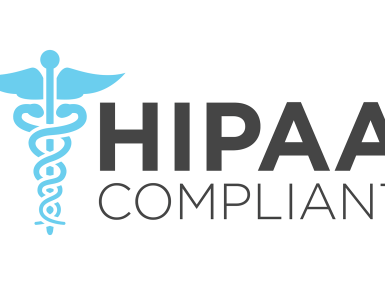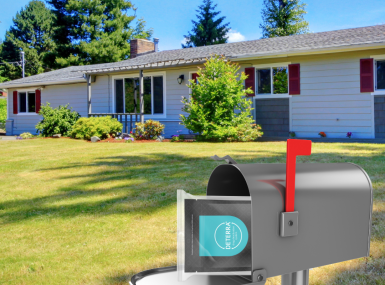How to increase access to drug misuse prevention resources in rural communities
Upcoming Events
Related News

Rural communities have not been immune to the impact of our nation’s opioid crisis. The 60 million Americans living in rural areas have an 87 percent higher chance of receiving an opioid prescription compared to those living in cities. The inconvenience of returning to the doctor for a refill or driving to a distant take-back site may prompt rural families to save their unused and expired prescriptions in case they need them later.
Opioid dependence often starts in the home medicine cabinet. With more than 60 percent of opioids going unused after surgery, its essential that rural families have a convenient way to safely deactivate and dispose of unneeded medications prescribed by their doctor and/or their animals’ veterinarian.
County officials can help raise awareness about medication misuse and increase access to proper drug disposal with at-home resources like the Deterra® Drug Deactivation and Disposal System.
Expanding access to prevention and disposal resources
In Minnesota, we strive to educate individuals on the importance of proper drug disposal by providing a solution that offers immediate drug deactivation and helps protect the water and soil that rural communities depend on.
One of the tools we’ve successfully implemented is Deterra, a plant-based drug deactivation pouch that allows users to safely dispose of unwanted drugs – including opioids and fentanyl – with the simple addition of tap water. The pouch can be thrown in the normal household trash, providing a convenient alternative to flushing or sinking leftover medications that can contaminate our water systems.
With the help of county agencies, the Minnesota Farm Bureau has worked to increase awareness about the opioid epidemic and bring attention to prevention resources available to our rural communities in several ways:
- Create resources. We’ve created a resource card that is adhered to a Deterra Pouch and distributed to the 78 county farm bureaus across Minnesota with helpful tips, links to online materials and ideas to help foster conversations and community awareness about opioids.
- Offer drug deactivation and disposal pouches. The Minnesota Farm Bureau has distributed nearly 25,000 Deterra Pouches. The pouches are available to county leaders so they can provide residents with discreet, at-home disposal and help educate individuals about the importance of disposal in preventing opioid misuse.
- Seek out partnerships. Partnering with organizations like local law enforcement, hospice providers, pharmacies and community groups to educate families and provide prevention tools helps further our efforts and impact as many people as possible.
How county executives can support safe disposal
Counties across the country are introducing legislation to make at-home drug disposal more accessible to residents. County executives in New York’s Rensselaer County and Albany County have successfully mandated that pharmacies provide drug deactivation and disposal products alongside opioid prescriptions, creating a model for counties striving to combat the growing opioid crisis.
Allocating grant funds and opioid settlement dollars to evidence-based prevention tools like Deterra is an impactful way to ensure rural counties have access to convenient drug disposal. Contact Deterra to learn more about securing funds for at-home drug deactivation and disposal or visit Deterra’s funding directory for an overview of funding options that could help your county add at-home drug deactivation to its prevention efforts.
Post Sponsor

Related News

House Agriculture Committee chairman targets Easter farm bill passage
House Agriculture Chairman G.T. Thompson (R-Pa.): “Let’s face it — the 2018 policy was really great for 2018, but it’s no match for the challenges of 2026.”

Information-sharing bill could protect court workers
The Countering Threats and Attacks on Our Judges Act could provide more than 30,000 state and local judges with access to security assessments, best practices and a database of threats made against colleagues in the justice field.

California counties fight agricultural crime
Sheriffs' offices and prosecutors in California's central valley make specific efforts to prevent and prosecute crimes against the agricultural community.

























